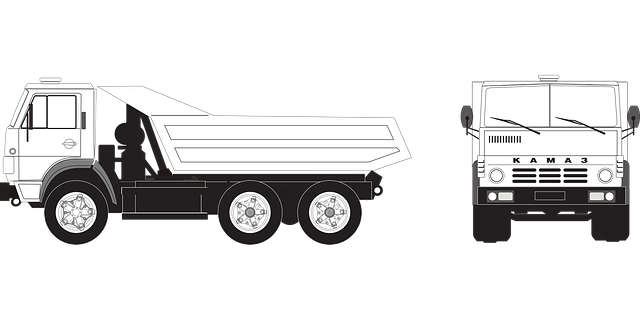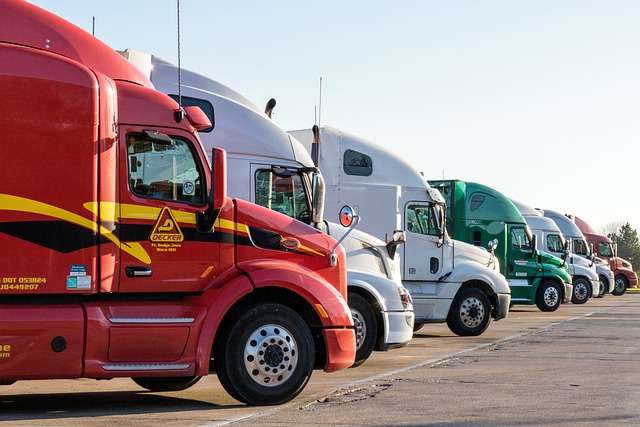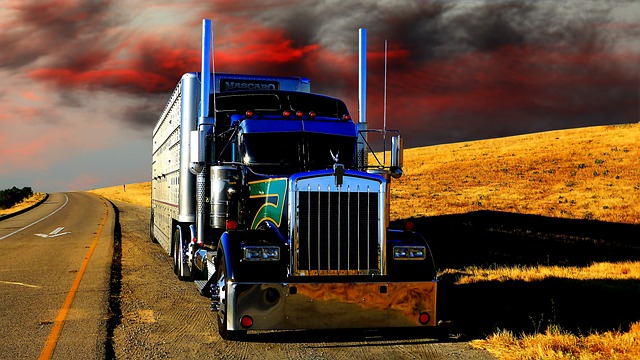Starting a trucking business requires tailored insurance to protect assets and ensure growth. Essential coverage includes liability for damages/injuries, cargo protection for in-transit goods, and vehicle safeguard through physical damage insurance. New businesses can find affordable options by focusing on these key areas, balancing risk management and cost-effectiveness. Regularly reviewing policies from various insurers is crucial to securing the best-value trucking insurance new businesses require, including startup trucking coverage, new fleet insurance, liability insurance startups, cargo coverage new fleets, and physical damage insurance.
Starting a trucking business comes with unique challenges, especially when it comes to navigating the complex landscape of insurance. This guide is designed to help new trucking businesses understand the essential types of coverage they need to stay protected and profitable. From evaluating core requirements to exploring affordable options, we’ll walk you through the process of setting up the right insurance for your startup fleet, ensuring peace of mind on the road ahead.
Evaluating Essential Coverage Needs for New Trucking Businesses

Evaluating Essential Coverage Needs for New Trucking Businesses
When a new trucking business is just starting out, it’s crucial to understand and prioritize insurance coverage needs that protect against potential risks. The core essential coverage includes liability insurance, which shields against claims arising from accidents or damage caused to others or their property. For startups with a small fleet, affordable trucking insurance options catering to the specific needs of new businesses are readily available. These policies ensure that operations can continue without significant financial setbacks.
Additionally, cargo coverage is vital for protecting the value of the goods being transported. Physical damage insurance also plays a key role in safeguarding the actual vehicles from perils like accidents, theft, or natural disasters. New fleet insurance should ideally be comprehensive, balancing protection against both tangible and intangible risks to ensure the sustainability and growth of the trucking enterprise.
Understanding Different Types of Insurance for Starting Fleets

When starting a trucking business, understanding your insurance needs is crucial. Different types of insurance cater to various aspects of running a fleet, ensuring protection against potential risks and liabilities. New businesses should focus on comprehensive coverage that includes liability insurance to safeguard against damages or injuries caused during operations. This type of insurance protects the company’s financial health by covering legal fees and compensation claims.
Additionally, cargo coverage is essential for new fleets, as it secures the value of the goods being transported. Physical damage insurance also plays a vital role in protecting your vehicles from accidents, natural disasters, or theft. By considering these options, startup trucking businesses can secure their operations, reduce financial burdens, and maintain compliance with legal requirements, ensuring a strong foundation for future growth.
Affordable Options: How to Get the Best Value in Trucking Insurance

When starting a new trucking business, one of the most significant considerations is securing the right insurance to protect your assets and ensure operational continuity. While comprehensive coverage is essential, finding affordable trucking insurance that aligns with your startup’s needs can seem daunting. New businesses often face tight budgets, making it crucial to find small business truck insurance options without compromising quality.
To get the best value, consider focusing on key areas like liability insurance startups and cargo coverage new fleets. General liability insurance protects against claims related to property damage or personal injury caused by your trucking operations. Cargo coverage ensures that your goods are secured during transit, offering protection against loss or damage. Additionally, exploring packages that include physical damage insurance can provide comprehensive protection for your vehicles while keeping costs manageable. Regularly reviewing and comparing quotes from various insurers is a strategic way to identify the best-value policies tailored to your fleet’s unique requirements.
Key Considerations for Cargo, Liability, and Physical Damage Insurance in New Fleet Setup

When setting up a new trucking business, understanding your insurance needs is paramount. Key considerations include comprehensive cargo coverage, liability insurance, and physical damage insurance. For trucking insurance new businesses, these three elements form the backbone of a robust risk management strategy.
Cargo coverage protects your goods in transit, ensuring compensation for loss or damage. Liability insurance shields against claims arising from accidents or injuries on the road, including legal fees and potential fines. Physical damage insurance covers repairs or replacements for your trucks in case of crashes or other incidents. For startup trucking coverage, opting for affordable yet comprehensive policies is crucial to balancing financial protection with operational costs. Choosing the right new fleet insurance means tailoring these components to your specific business needs, ensuring you’re protected without overspending on superfluous coverage.
When launching a new trucking business, navigating the world of insurance can seem like a complex task. However, by understanding the various types of coverage and their specific benefits, startup owners can ensure they and their fleet are adequately protected. From liability to cargo and physical damage insurance, each plays a crucial role in mitigating risks and ensuring long-term success in the trucking industry. By prioritizing these essential coverage needs and exploring affordable options, new businesses can hit the road with confidence, knowing they have the right truck insurance for their journey.
